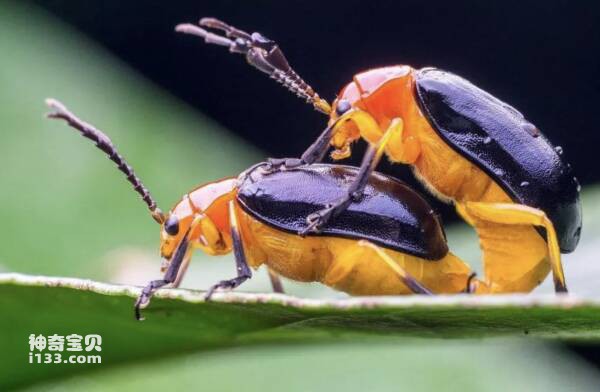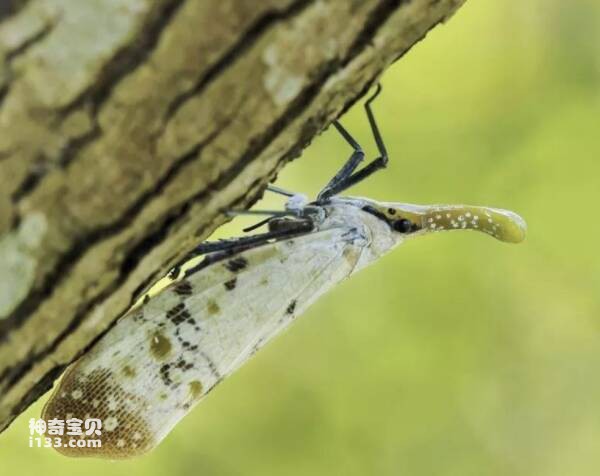Entomology is a science that specializes in elucidating various laws related to the life activities of insects, and studying their utilization and prevention. Since insects are closely related to all aspects of human life, food, clothing, housing, transportation, and health care, they have been valued and studied by humans for a long time.

Modern entomology has become independent from zoology and has developed into a multi-branch discipline. It can be divided into two categories based on its research scope, namely theoretical entomology (or general entomology) and applied entomology (or economic entomology). The former is for the purpose of studying basic theories in entomology, while the latter is to study insects from the perspective of whether they are of interest to humans, to prevent and control those that are harmful to humans, and to reproduce and utilize those that are beneficial. Of course, these two major disciplines are complementary to each other and cannot be completely separated. According to the research content, the main ones can be divided into the following sub-disciplines.
(1)Insect morphology and ultrastructure: It is a subject that studies the morphology and ultrastructure of insects and is closely related to insect taxonomy. Including two parts: external form and internal structure.
(2)Insect taxonomy (insect systematics): Study the classification of insects, determine species names and their genetic relationships, and infer and reconstruct the historical evolution of insects. This discipline not only establishes the dialectical materialist view of biological evolution, but also has great significance in production practice. The subject also often includes the study of biogeography and biodiversity, certainly from a historical perspective.
(3)Insect Ecology: It is a discipline that studies the living conditions of insects and their relationship with the environment. Due to the intersection between sub-disciplines, there are chemical ecology, physiological ecology, etc. This discipline often also includes the study of biogeography and biodiversity, certainly from an ecological perspective.
(4)Insect Physiology: It is a subject that studies the physiological phenomena of insects such as sensation, respiration, nutrition, and digestion.
(5)Insect biochemistry: Study the biochemical changes during the physiological changes of insects, as well as the chemical composition of the insect body. In particular, research on insect hormones and artificial feeds, immunology, neuroscience, molecular biology and cell biology have developed rapidly in recent years and attracted considerable attention.
(6)Insect Genetics: Studying the genetic phenomena of insects has important guiding significance for the breeding of new varieties of silkworms and bees, as well as the breeding of strains of pests with physiological defects. It provides a theoretical basis for a new approach to pest control known as "genetic control" or "genetic management" of pests in recent years.
(7)Agricultural Entomology: It is a discipline that studies the biology of pests and beneficial insects on crops and their prevention, control and utilization methods. The species that damage crops (arachnids), rats (rodents), slugs (molluscs) and nematodes (nematodes) are generally included.

(8)Storage entomology: Insects and other species cause serious harm to stored items such as rice grains. Such pests are often called warehouse pests. The ecological environment for storing items is very special. In recent years, research in this area has made great progress, and it is a new branch separated from agricultural entomology. Garden insects and storage insects are currently combined into urban entomology.
(9)Forest entomology: It is the subject that studies pests on forest trees. Like agricultural entomology, it includes harmful mites, rodents, nematodes, slugs, etc., so it is also called forest. Zoological.
(10)Medical Entomology: It is the subject that studies pests of humans and livestock, usually including ticks and mites. Such pests are often called hygiene insects.
(11)Insect Pathology: It is the study of the causes, symptoms, and pathogenesis of insect diseases, as well as the structural, chemical, and functional changes caused in the insect body, so as to use it to eliminate pests and protect beneficial insects. disciplines.

(12)Insect Toxicology: It is a discipline that studies the physiological changes in pests caused by insecticides.
(13)Sericulture: It is the subject that studies the rearing of silkworms.
(14)Apiculture: It is the study of the raising of bees and the utilization of their products.
(15)Resource Entomology: The science that studies the development and utilization of insect resources. Generally, the scope of resource insects studied by entomologists is limited to bees, gallnuts, white waxworms, lac bugs, and large silkworm moths. At present, resource entomology in a broad sense also includes various insect resources such as ornamental insects, natural enemy insects, medicinal insects, food insects, pollinating insects, feed insects, water quality monitoring insects, and garbage disposal insects.
animal tags: insect subject research science entomology
We created this article in conjunction with AI technology, then made sure it was fact-checked and edited by a Animals Top editor.